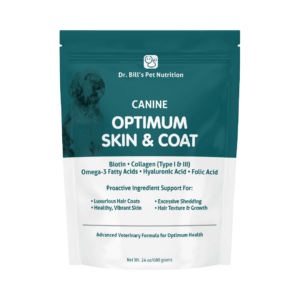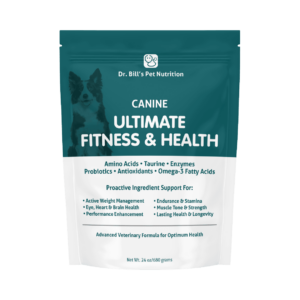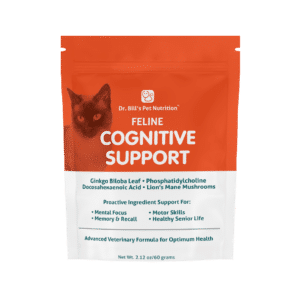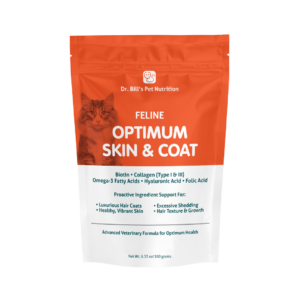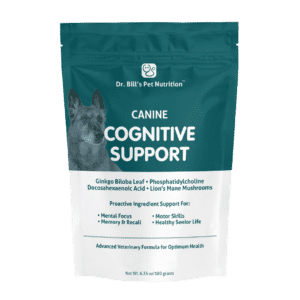
Vitamin B
Vitamin B1 (Thiamine)
Thiamin is a water-soluble vitamin that is not stored in appreciable amounts; thus, it must be constantly supplied in the daily diet or through supplementation. The highest concentrations of Vitamin B1 are found in muscle, heart, liver, kidneys and the brain. In food, thiamin can be found in free form as thiamine pyrophosphate (TPP) and as a protein phosphate complex.
Functions of Vitamin B1:
Vitamin B2 (Riboflavin)
Vitamin B2 is involved in the production of red blood cells and antibodies. B2 is also involved in respiration, regulating growth and reproduction. Riboflavin is needed for energy metabolism, building tissue, and helps maintain good vision.
In addition to producing energy for the body, riboflavin works as an antioxidant, fighting damaging particles in the body known as free radicals. Free radicals can damage cells and DNA, and may contribute to the aging process as well as the development of a number of health conditions such as heart disease and cancer.
Functions of Vitamin B2:
Vitamin B3 (Niacin)
Niacin is a water-soluble vitamin, stable under both acidic and alkali conditions and resistant to light and oxidation. Niacin is synonymous with nicotinic acid or nicotinamide. Both compounds have identical Vitamin activity and are absorbed from the stomach and small intestine.
Dogs are able to convert the amino acid Tryptophan into Niacin; however, cats cannot. Niacin promotes healthy skin and is needed for energy metabolism, proper digestion, and the maintenance of a healthy nervous system.
Functions of Niacin:
o Energy production
o Regulation of gene expression
o Maintenance of genomic activity
o Biosynthesis of long-chain fatty acids, cholesterol and steroids
Vitamin B5 (Pantothenic Acid)
Pantothenic acid is a water-soluble vitamin that is present in all living cells. Vitamin B5 is primarily used in the production of coenzyme A (CoA) and the formation of the neurotransmitter acetylcholine.
Pantothenic acid is found in high concentrations in the liver and kidney and is important in synthesizing porphyrin, a precursor of heme needed in the production of hemoglobin.
The principle supplemental form of pantothenic acid is synthetically formed D-calcium Pantothenate. Up to 50% of natural Pantothenic acid is lost in food processing from heat.
Functions of Pantothenic acid:
o Synthesis of acetylcholine
o Nerve impulse
o Synthesis of heme
o Synthesis of cholesterol
o Synthesis of steroids
Vitamin B6 (Pyridoxine)
Vitamin B6 is the common term for three related compounds, pyridoxine, pyridoxal and pyridoxamine and their phosphorylated derivatives pyridoxine 5’ phosphate, pyridoxal 5’ phosphate and pyridoxamine 5’ phosphate. Pyridoxine, pyridoxine 5’ phosphate and pyridoxine glucosides are found in plant foods while pyridoxal 5’ phosphate and pyridoxamine 5’ phosphate are found in animal products.
Vitamin B6 is a water-soluble vitamin that is stable to heat and acid. However, oxidation or exposure to alkali or UV light will destroy it. As much as 50% of vitamin B6 is destroyed during cooking and processing.
Functions of Vitamin B6:
Pyridoxine assists in the growth of new cells and the functioning of the immune system. B6 is also credited with controlling moods, behavior and sex drive.
All the B vitamins (B complex) benefit the brain, but B-6 is especially important for regulating mood and preventing mental fatigue. This water-soluble vitamin is needed for the brain to produce serotonin, a feel-good neurotransmitter. Vitamin B-6 also helps the body make hemoglobin, the part of your blood that carries energy-boosting oxygen to the brain and other organs. Vitamin B-6 may also help improve memory.
Folic Acid (Folate or Pteroylglutamic acid)
Folic acid is a water-soluble vitamin commonly found in green, leafy vegetables that is readily destroyed by both air and heat.
Folate is generally used when referring to protein-bound or conjugated forms of folic acid found in food. Pteroylglutamic acid is the chemical compound commonly used as a Folic acid supplement.
Functions of Folic acid:
Vitamin B12 (cobalamin)
Vitamin B12 is a water-soluble vitamin and requires a protein (intrinsic factor) in the gastrointestinal tract for absorption. With advanced age, B12 absorption usually drops due to a lower acid-pepsin secretion by the gastric mucosa. Absorption of B12 can also decrease with deficiencies of iron or folic acid.
Vitamin B12 requirements usually increase during gestation. Storage of B12 is primarily in the liver and kidneys with excesses being excreted by way of the kidney and bile. Newborns with B12 deficiency fail to thrive, have poor brain growth and marked developmental regression.
Functions of Vitamin B12:
Benefits of Vitamin B12 Include:
Choline
Choline is widely found in free form or as a part of lecithin (phosphatidylcholine). Choline is synthesized in the body and is crucial for the normal function of all cells. It is a lipotropic B vitamin like compound that is easily absorbed from the intestine. Choline is able to cross the blood-brain barrier into the spinal fluid where it is involved in brain metabolism.
Functions of Choline:
NEW
Subscribe & Save
Save 10% On Auto Deliveries
Shop Now
